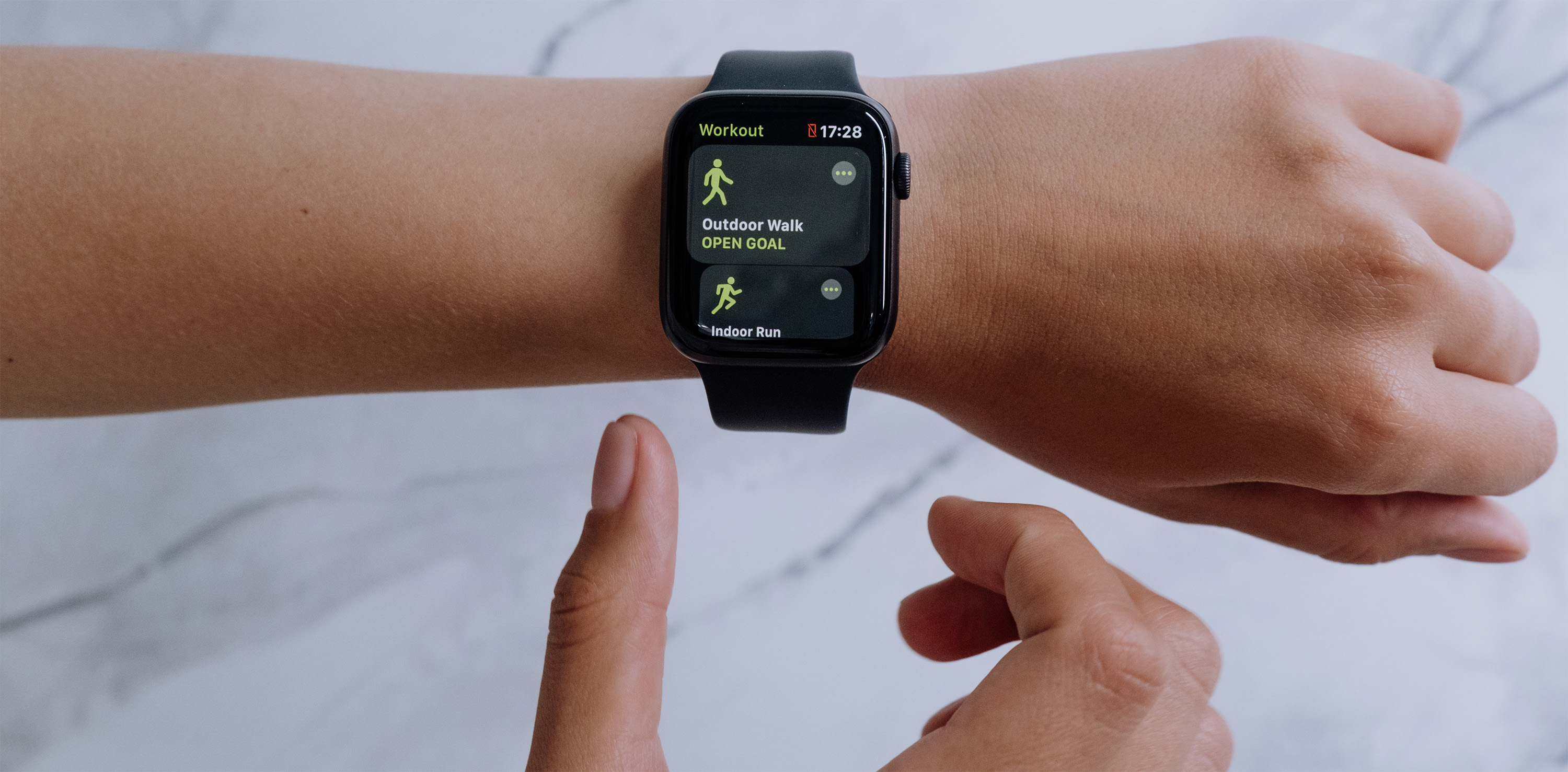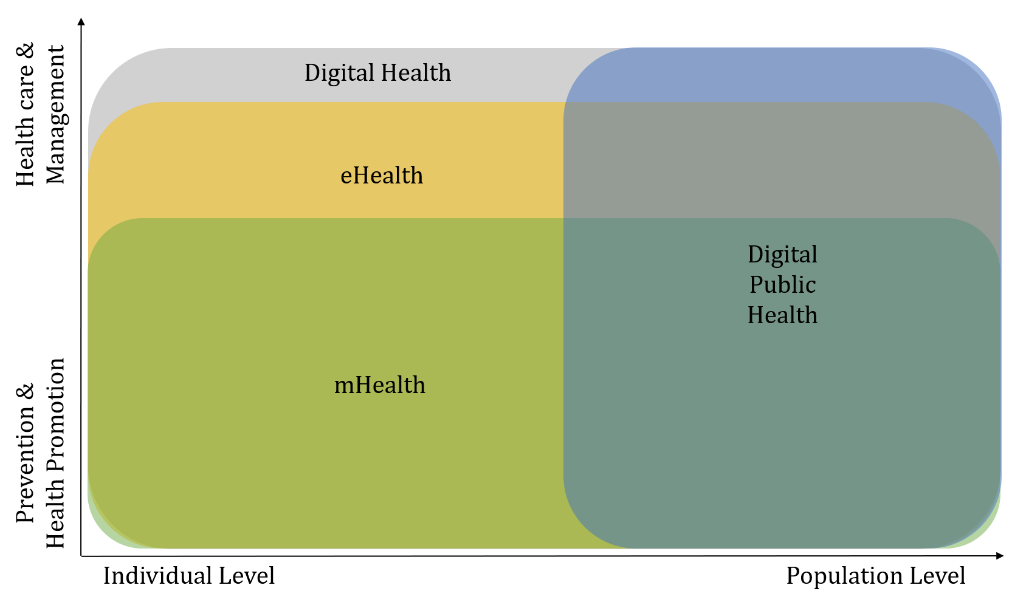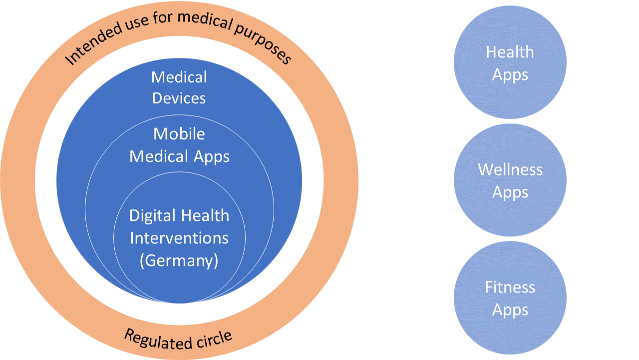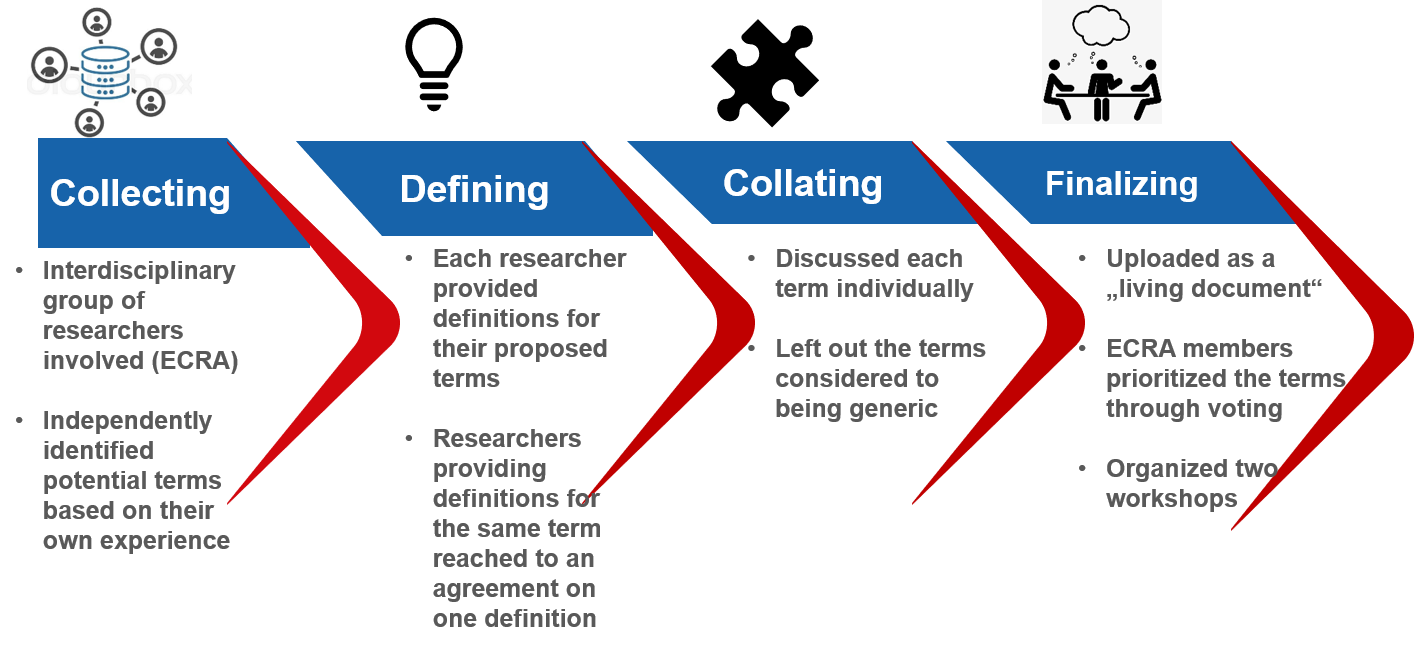Glossary on Core Terms for the LeibnizScience Campus Digital Public Health

Motivation
Recent technological development has provided unprecedented opportunities to transform the health sector and improve the well-being of the population, to make public health response more effective, and to enable public interest and engagement in taking charge of their own health. However, the successful development, integration and implementation of digital technology and methods in public health require a shift from traditional and single disciplinary approaches. Digital public health (DiPH) spans across disciplines including computer science, information science, public health, epidemiology, participatory science, law, philosophy and so on. Only when investigated together incorporating various disciplinary knowledge, digital public health will be in a position to create results with significant impact on improving the well-being of individuals and population. In the similar vein, proponents of digital public health agree that by drawing upon an interdisciplinary field of research, the challenges and opportunities of digitalization in public health can be better understood and can be ultimately addressed. However, interdisciplinary research and collaboration also means that researchers may face conceptual and terminological fuzziness as oftentimes the same terms are used in different disciplines with different meanings. This may lead to lack of consensus and common understanding on the relevant terms and concepts in DiPH, eventually making such interdisciplinary research effort challenging for researchers.
Aim
This glossary aims to facilitate interdisciplinary communication and understanding among researchers on terms and concepts relevant in the field of DiPH. The focus here is to identify core terms that are deemed relevant in the field of DiPH and to define them through interdisciplinary perspectives
List of core terms and their working definitions
- Health and Public Health
- Digital Health and Digital Public Health
- Digital Health Literacy and Digital Public Health Literacy
- Health and Medical App
- Digital Health Equality and Digital Health Equity
- Digital Public Health Intervention

How is the digitization affecting our health?
Health is a capability beyond the absence of diseases or infirmities or bio-physical parameters. It is an ongoing, dynamic process, which is potentially achievable for everybody in all circumstances. Health includes malaise and well-being as it is a spectrum and not binary (full health or no health). This understanding of health allows one to be healthy even when one is coping with negative events. For older people or those affected by chronic illness, health can be understood only as the ability to live with restrictions, to accept physical deficits, and to find an arrangement with these
Public health comprises the entirety of all social, political and organizational efforts aimed at improving the health situation, reducing the likelihood of illness and death and increasing the life expectancy of groups [of individuals] or entire populations. Public health includes all organized, multidisciplinary and multi-professional approaches in disease prevention, health promotion, disease control, disease management, rehabilitation and care [and therefore includes all three levels of prevention].
Sources
Leonardi F (2018). The Definition of Health: Towards New Perspectives. International Journal of Health Services; 48(4): 735-748. doi: 10.1177/0020731418782653.
Franzkowiak P & BzGA (2015). Gesundheitswissenschaften / Public Health. Available from: https://leitbegriffe.bzga.de/alphabetisches-verzeichnis/gesundheitswissenschaften-public-health/ [24/09/2021].
Digital health is a broad umbrella term encompassing eHealth (which includes mHealth), as well as emerging areas using information and communication technologies (ICT). Examples are advanced computing sciences in ‘big data’, genomics, and artificial intelligence to address the needs of health and healthcare systems.
Digital public health is a tool to fulfill the aims and mission of public health, but not a discipline itself. The health system goals of quality, accessibility, efficiency and equity of healthcare, embraced by public health professionals are unaltered by the process of digitalization.
Electronic health (eHealth) is the use of information and communication technologies (ICT) in support of health and health-related fields, including health-care services, health surveillance, health literature, and health education, knowledge and research.
Mobile health (mHealth) is a component of eHealth. It is the medical and public health practice supported by mobile devices, such as mobile phones, patient monitoring devices, personal digital assistants (PDAs), and other wireless devices.

Figure source: Wienert J, Jahnel T, Maaß L What are Digital Public Health Interventions? First Steps Towards a Definition and an Intervention Classification Framework Journal of Medical Internet Research. 04/01/2022:31921 (forthcoming/in press)
Digital Health Literacy encompasses individual level social, technical competencies and resources that are important for searching, finding, understanding, evaluating and applying digital health information and technologies in a self-determined manner for the purpose of maintaining, restoring or improving health. It concerns the knowledge, skills and engagement to empower individual to lead a self-determined life and reach a high quality of life through the use of digital media and health applications.
Digital Public Health Literacy is a capability of groups and organizations to locate, evaluate apply and supply digital health information and technologies across social, ecological, economic and cultural contexts for the purpose of maintaining, restoring or improving health and well-being of the population. This includes the capabilities to protect health-related personal data, assess the functionality, results and consequences of digital health applications, weigh up the advantages and disadvantages in terms of ethical, legal, economic and social implications and act accordingly.
Sources:
Samerski, S., & Müller, H. (2019). Digital Health Literacy–Thesen zu Konzept und Förderungsmöglichkeiten. In Digitale Transformation von Dienstleistungen im Gesundheitswesen VI (pp. 35-50). Springer Gabler, Wiesbaden.
Kolpatzik, K., M. Mohrmann, and H. Zeeb. "Digitale Gesundheitskompetenz in Deutschland." Berlin: Kompart (2020).
A distinction between medical apps and health apps is based on the consideration of three central perspectives: the user perspective, the technological perspective and the regulatory perspective.
Health apps are primarily aimed at health-conscious users and offer support in the areas of prevention, education and health promotion. They are generally not aimed at healthcare professionals. From a technological perspective, their focus is on the collection, recording, processing and visualization of users' health-related data. A not insignificant proportion of apps focus purely on imparting knowledge. From a regulatory perspective, it is worth noting that, unlike medical apps or DiGA, health apps are not generally subject to any specific, binding regulation.
Medical apps address representatives of the health care professions. Medical apps focus on medical and nursing functions and often relate to the areas of diagnostics and therapy; they are regulated by the Medical Devices Act.
Sources
Bundesamt für IT-Sicherheit, IT-Sicherheit auf dem digitalen Verbrauchermarkt: Fokus Gesundheits-App, 2021

figure source: own
Digital Health Equity is the absence of avoidable and/or unjustified differences, variations and disparities in access and use of digital health technologies, services and interventions and the absence of avoidable and/or unjustified differences, variations and disparities in the health achievements among the population resulting from the use of digital health technologies, services and interventions
Digital Health Equality is absence of differences, variations and disparities in access and use of digital health technologies, services and interventions and the absence of differences, variations and disparities in the health achievements among the population resulting from the use of digital health technologies, services and interventions
Sources:
Followed the definition of health equity and healthy equality as below and added digital aspect in a meaningful way
Whitehead, Margaret. "The concepts and principles of equity and health." Health promotion international 6.3 (1991): 217-228
Kawachi, I., Subramanian, S. V., & Almeida-Filho, N. (2002). A glossary for health inequalities. Journal of Epidemiology & Community Health, 56(9), 647-652.
A Digital Public Health Intervention addresses at least one essential Public Health function through digital means. Applying a framework for functional classification and stratification categorizes its interaction level with the user. The developmental process of a DiPH Intervention includes the user perspective by applying participatory methods to support its effectiveness and implementation with the goal to achieve a population health impact."
Sources:
Wienert J, Jahnel T, Maaß L. What are Digital Public Health Interventions? First Steps Toward a Definition and an Intervention Classification Framework. Journal of Medical Internet Research. 04/01/2022:31921 (forthcoming/in press)
Steps followed to prepare this glossary

The first step involved identifying terms deemed suitable for inclusion in the glossary for Digital Public Health. An interdisciplinary group of seven researchers from various fields, e.g. public health, HCI, participatory science, law, were involved. Each researcher independently identified potential terms based on their own previous experience on Digital Public Health. A draft list of terms was assembled in a single document. Each term was assigned with the name of the researcher who had provided it.
 Deutsch (Deutschland)
Deutsch (Deutschland)  English (United Kingdom)
English (United Kingdom) 


